It is not widely known that one of the oldest architectural monuments to Serbian-Hungarian relations stands today on Csepel Island. The Serbian Kovin Monastery is a perfectly intact Gothic monument which has been in use as a Serbian Orthodox church since 1440. King Vladislaus I. of Hungary donated it to the Serbian community fleeing from the Turks in the Lower Danube region. The fact that there has been a continuously active Serbian Orthodox Church in the heart of Hungary, throughout all the historical trials and tribulations of the past 600 years since then, carries several important messages for us.
First, that Hungary does not need outside lessons on lasting, peaceful religious and ethnic coexistence – despite the fact that we have never felt the need to affix the label of “multiculturalism” to this peaceful coexistence. The other important message is we Hungarians and Serbians have a long tradition of helping each other in times of existential crisis, as in the Ottoman-Turkish conquest in South-Eastern Europe. This lesson is quite relevant today as our countries are faced with such serious challenges as the coronavirus pandemic and mass migration. Though the latter is of a different nature than what Hungarians and Serbs faced 600 years ago, it still poses a serious security risk and stems from the southeast, just as it did before.
It is important to discuss how we have supported each other because after all, our relations are not entirely free of conflict. Unfortunately, there are violent and bloody chapters in the history of Serbian-Hungarian coexistence. Up until the XVI-XX centuries, we know of multiple severe ethnic conflicts that left long-lasting tensions between the two peoples. The mass murders committed against Hungarians in the Vojvodina region around the 1848-49 freedom fight left a permanent mark in our national memory, just as the atrocities committed by Hungarians did in the Second World War followed by the mass murder retaliation in the Hungarian villages at the end of the war.

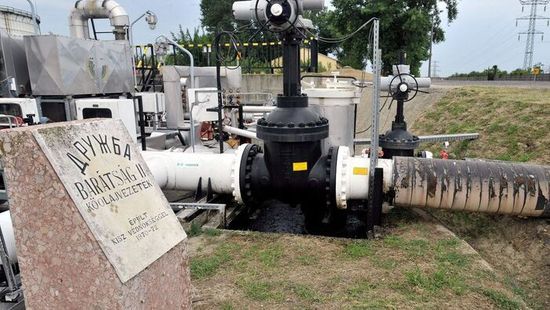
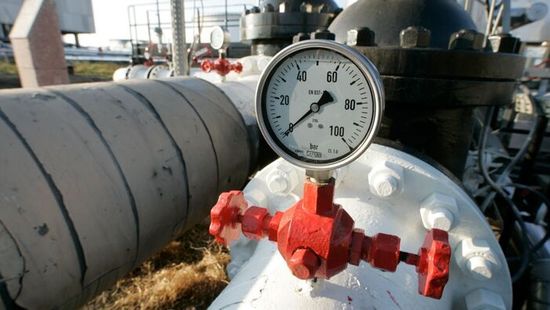
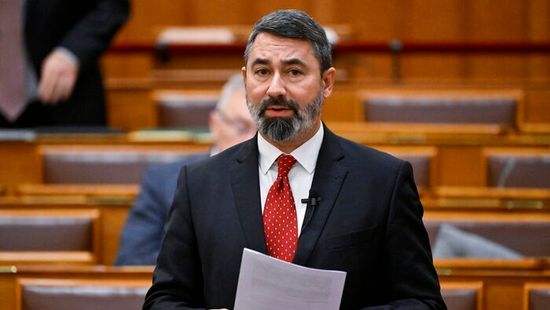
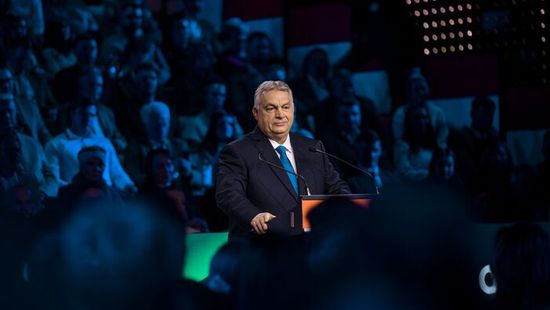

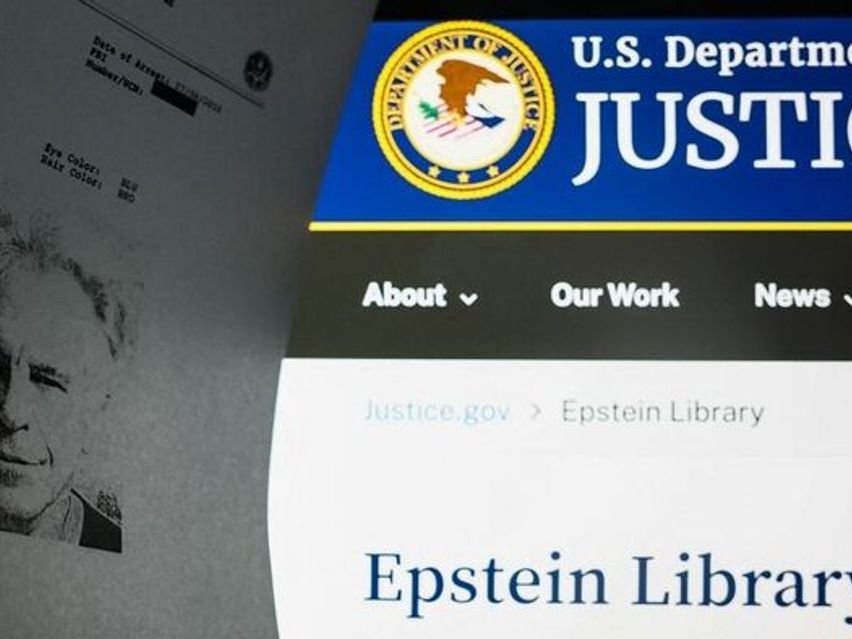






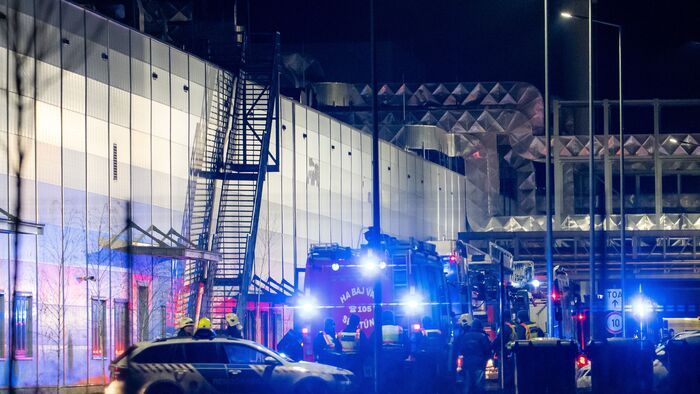
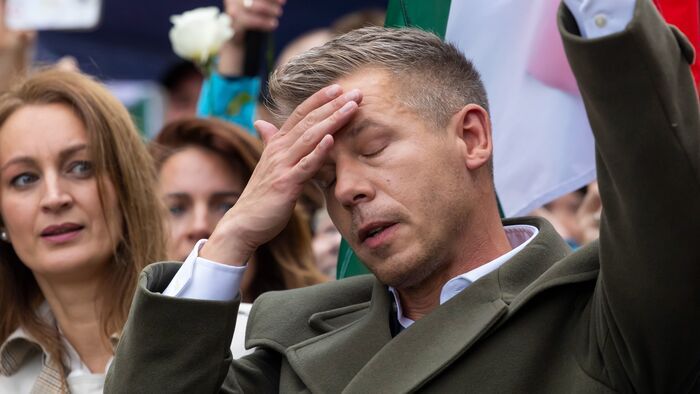
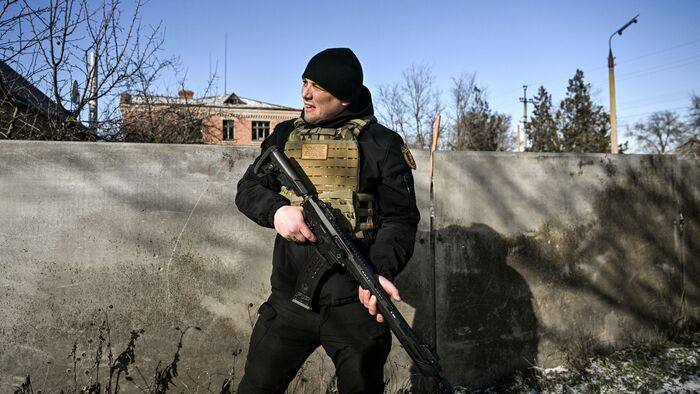
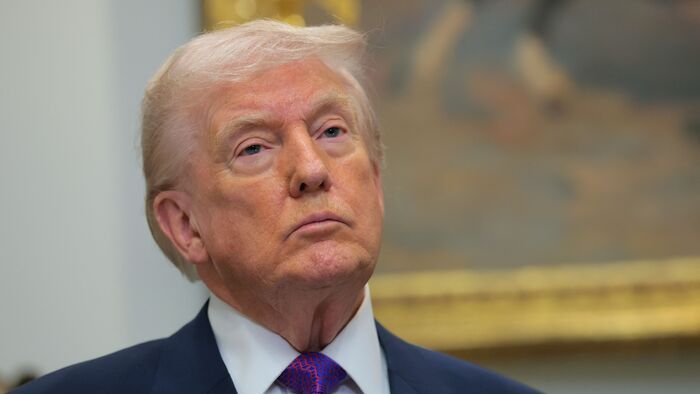
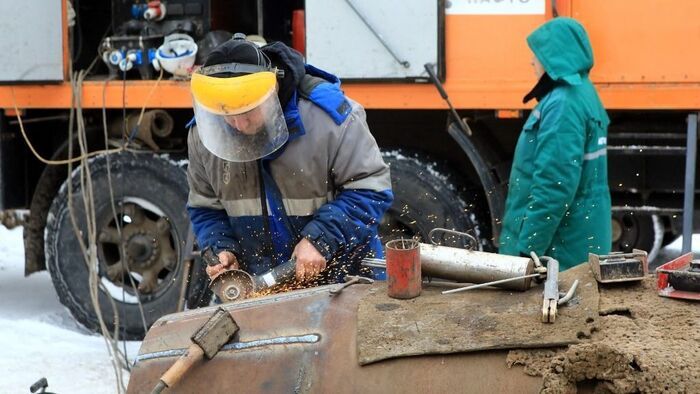





Szóljon hozzá!
Jelenleg csak a hozzászólások egy kis részét látja. Hozzászóláshoz és a további kommentek megtekintéséhez lépjen be, vagy regisztráljon!